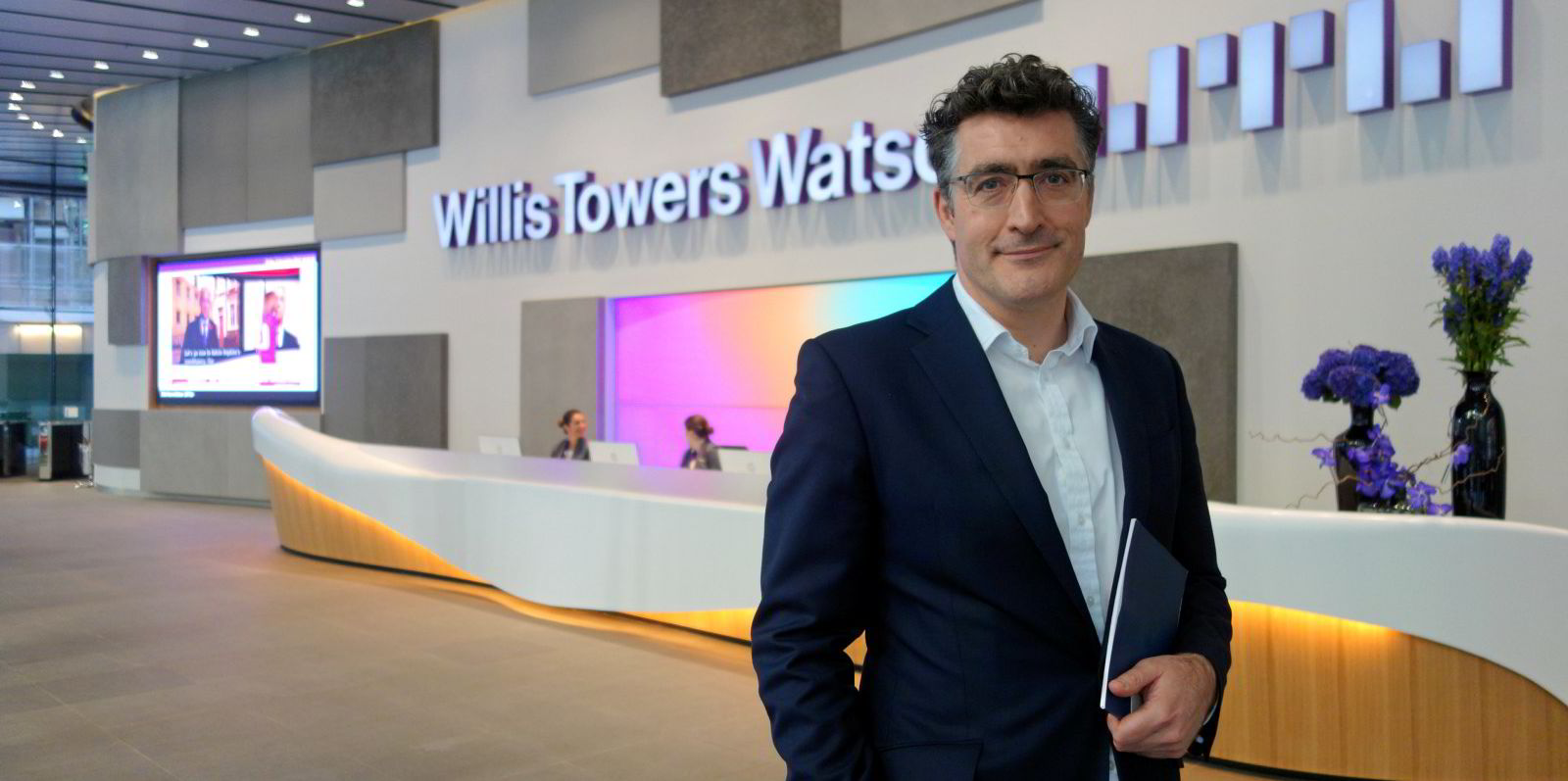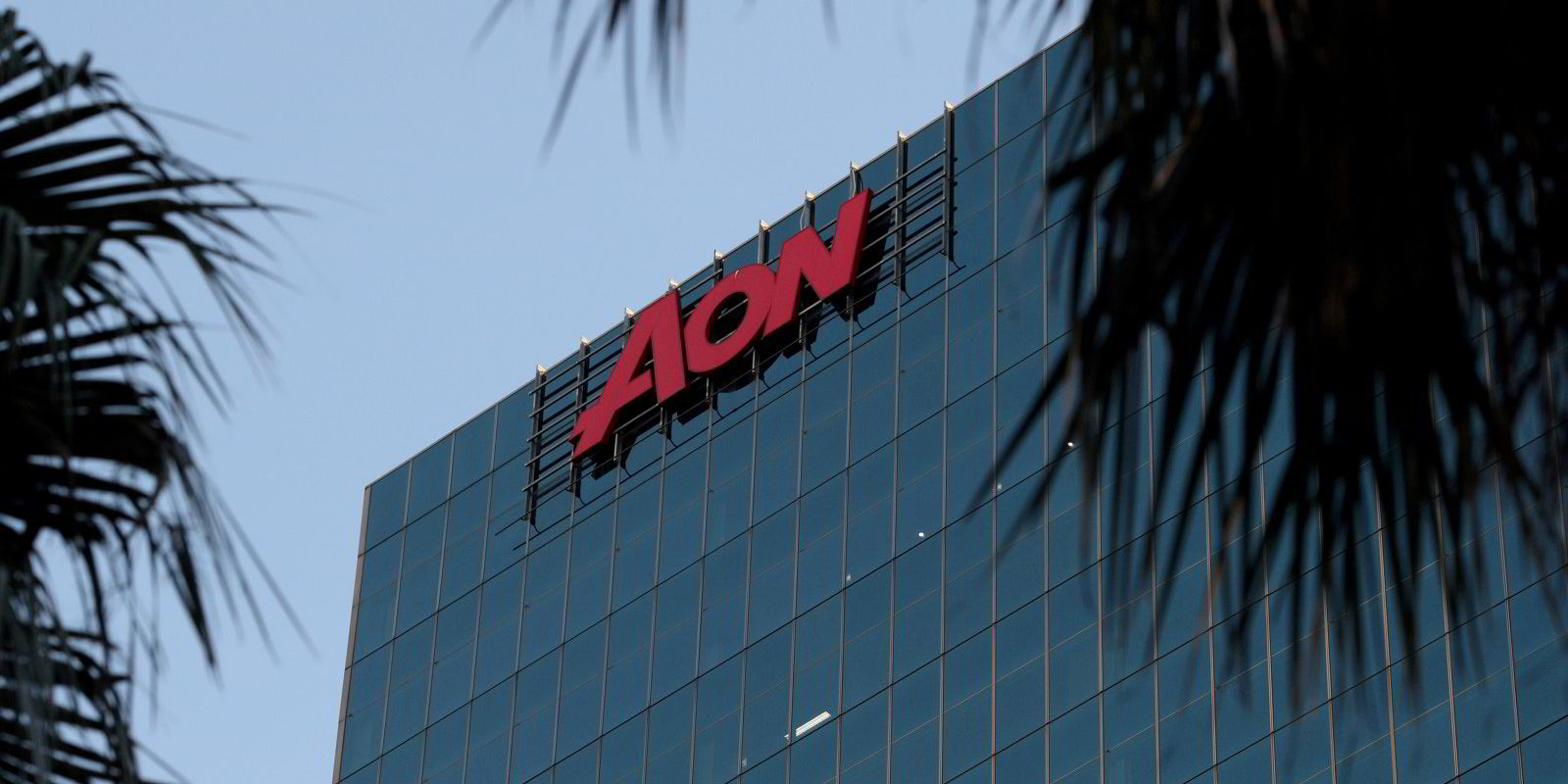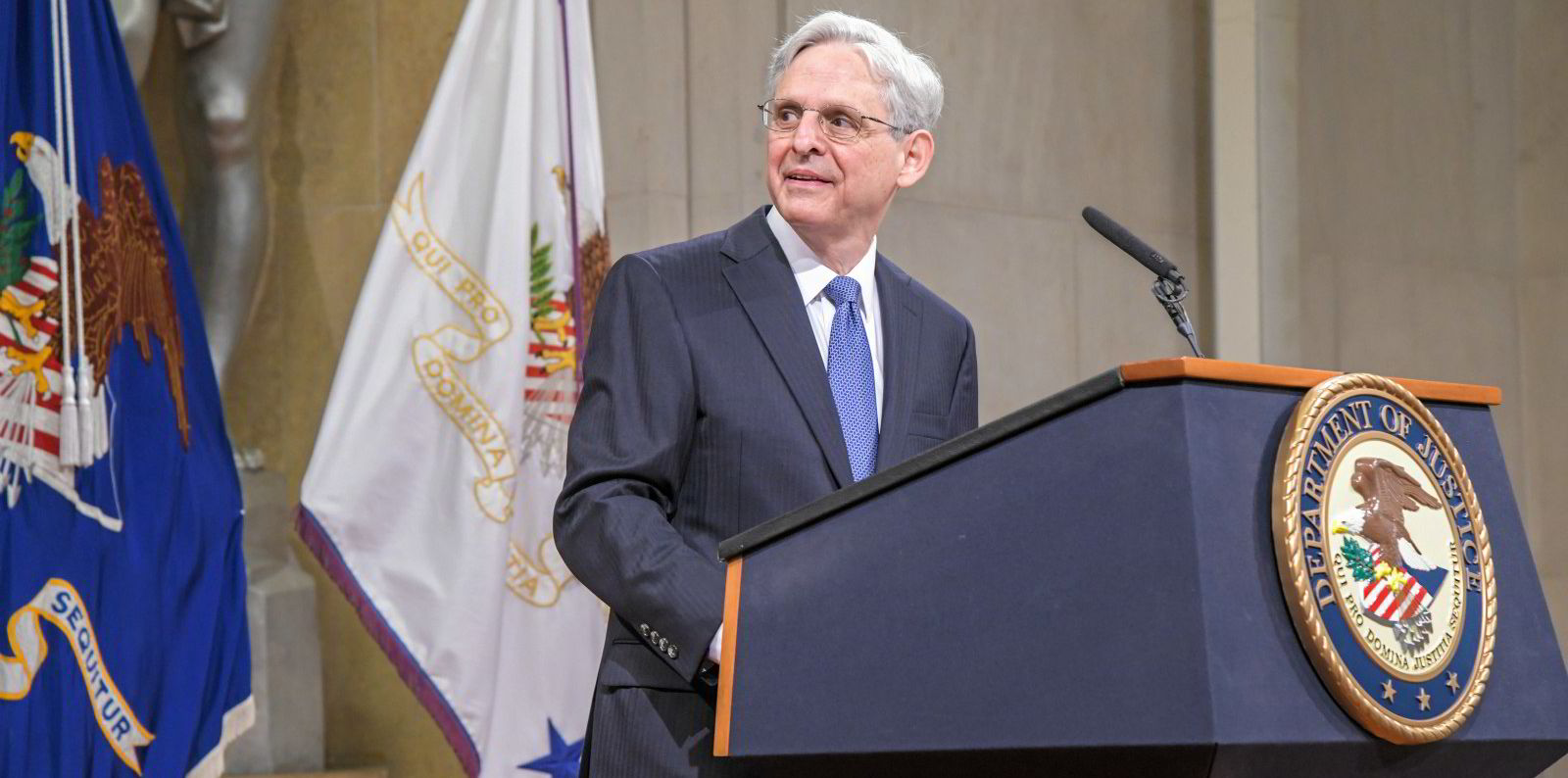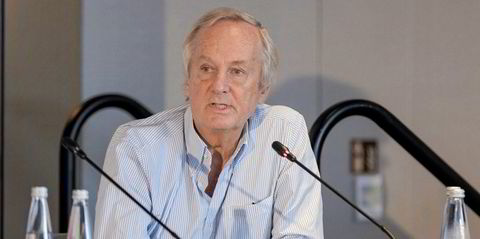Insurance broking giant WTW has been dusting itself off after US competition authorities pulled the rug from under an attempted $30bn acquisition by Aon.
Shortly after the deal fell through a new chief executive, Charles Hess, was appointed. Then, under a corporate rebranding, the old Willis Towers Watson name was dropped for the more succinct WTW.
WTW is one of the leading marine insurance brokers covering all the main lines including protection and indemnity, cargo, hull, war risk and marine liability. The marine lines are headed by Ben Abraham, who has run the global division for the past decade.
He has helped build up a formidable book of marine business. The marine insurance brokerage employs 600 globally and generates about $5.5bn in premium annually from somewhere in the region of 550 clients.
Abraham thinks that the volume of business it has managed to build up is a good indication it has taken the right approach to the market.
“We thought we had a strong proposition pre the Aon interest,” he said.
Abraham said WTW has a “unique” approach to marine insurance broking compared with its rivals.
The WTW marine insurance business is operated as one global unit rather than being split by geographical regions.
The advantage is that broking expertise can be shared with clients around the globe rather than limited to regional areas.
“Our marine business proposition is a specialty line offered all over the world. It is coordinated, and reports to one place, which gives enormous advantages to our clients. We are completely agnostic about where business is placed, our clients can access us wherever they want to in the world, and our clients get the full strength of the global marine group,” he said.
The general view in the market is that the collapse of the Aon and WTW merger indicates that a series of mega-mergers between the giants of the insurance world has run its course.
Although further corporate consolidation seems unlikely, Abraham said there is still scope for him to grow the marine business further. “From a marine perspective, we are just looking at how we can strengthen further through strategic acquisitions and hires that will further develop our proposition,” he said.
Before joining WTW 25 years ago, Abraham worked in P&I and he is still closely involved with that line of business.
- Global advisory, broking and solutions company
- Established in 1828 by Henry Willis at the Baltic Exchange in London
- Willis brokered insurance for the Titanic in 1912
- Willis Group and Towers Watson merged to become Willis Towers Watson in 2016
- Total revenue in 2021 was $2.71bn
- It employees 44,000
- Global network of 140 offices
At the 20 February policy renewal — described by Abraham as “the hardest in the last 10 or 12 years” — P&I clubs achieved a significant premium increase.
Although the P&I system is predominantly mutual, Abraham found this latest renewal was negotiated on very commercial terms. Even tactics of “brinkmanship” were employed by the clubs to get the increases they were seeking.
“There was lots of positioning before people got into the meat of the negotiations,” he said.
The hard line on pricing by the clubs meant it was a chance for brokers to show their worth in striking a deal for their shipowner clients.
But it did not rule out dealmaking. “Whatever the position there is always negotiating room,” Abraham reflected. “There’s the general increase, but basically it is a target, and it is not too dissimilar from commercial markets, where they’ll be a target and negotiations within that.”
It looks like shipowners will face a similar market next year.
The hull and machinery market has gone through a three-year trend of hardening rates before settling down this year, and Abraham believes that the P&I market is set to follow a similar cycle.
A few years of heavy claims have led to underwriting losses at the P&I clubs and Abraham believes that this year’s increase in premium will not be enough to reverse that.
“It is unlikely that clubs would have solved that challenge this year. Also, we are in a period where investment income is anything but certain, the volatility of the stock markets around the world is enormous so the clubs can’t rely on that. I suspect this year will be the peak, it will be another hard year next year, before coming down after that,” he said.







